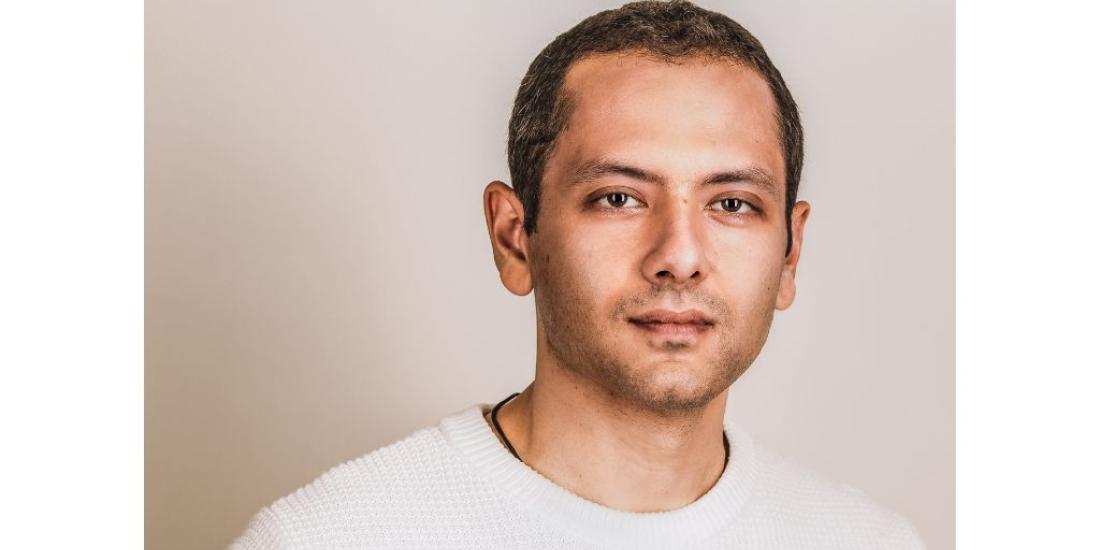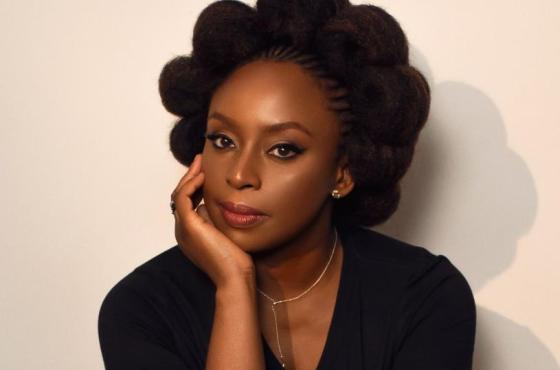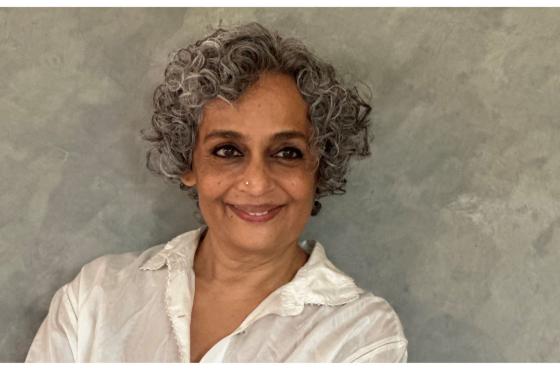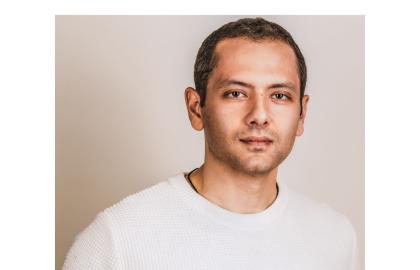Born in Egypt and raised in Qatar, El Akkad emigrated to Canada before becoming a journalist. He reported on a wide range of subjects, from Afghanistan, the Arab Spring, Guantánamo Bay, and the Black Lives Matter movement. His novels, American War and What Strange Paradise, bear the marks of those experiences: civil war, exile, climate catastrophe, and state violence. But something changed in October 2023. The unprecedented violence erupting in Palestine affected him directly. From the United States – the country he once idealised – he realised that his taxes were funding airstrikes killing children. He could no longer persuade himself that it did not concern him.
Speaking Where Silence Once Reigned
In One Day, Everyone Will Have Always Been Against This, Omar El Akkad explores his origins: his father’s stories after leaving Egypt, his own experiences of displacement, and the tensions he faces as a North American father. A desire for transmission drives the essay. He seeks words that will prevent his children from the silence he himself endured or imposed upon himself. Between memory, heritage, and political stance, he grapples with contradictions. His relationship with violence, armed resistance, family, and political loyalties is anything but straightforward.
He writes without adopting a tone of superiority. He does not judge the forms of struggle – he questions his own. His refusal to pass judgment on what he calls ‘legitimate forms of resistance’ is based on one fact: occupation, colonisation, and massacre are realities. What happens afterwards belongs to those who survive them. In an interview with The Guardian, he explained: ‘In the context of being a journalist during the ‘war on terror’ years, and covering a place like the prison at Guantánamo Bay, I was still able to impose a kind of distance between myself and my role in this part of the world, and what I was seeing. (…) I was able to think of it as a kind of anomaly – that underneath it, there was a bedrock of something good and something fundamental that would hold. (…) It makes that particular form of psychological self-defence unavailable to me. (…) And of course… all of these things are intertwined, I think, with my own cowardice in my ability to have been able to look away for so long. I can’t do that any more.’
There Are More People Committed to Solidarity Than to Destruction
This book is an indictment of Western complicity in the ongoing genocide in Gaza. It examines the moral cost of indifference and the way official narratives allow that indifference to persist. El Akkad takes aim at a comfortable form of liberalism: one that sympathises yet retreats the moment the cost becomes tangible. And yet, he does not surrender to cynicism. He illuminates forms of resistance that defy this tide of indifference: doctors operating in war zones, dockers refusing to load weapons, students at elite universities willing to sacrifice their privileges for a cause without return. In the face of devastation, these gestures sustain in him a fragile but vital hope and courage.
Sparking a Conversation at Bozar
In September 2025, Omar El Akkad visits Bozar to ask questions – and to face them with the audience. What stories do we choose to believe? How long will we remain silent? To read El Akkad, to listen to him, is to start locating ourselves: to look directly at what terrifies us, to recognise our place in a global crisis. It is to move beyond the reflex of helplessness and to imagine transformation rooted in ethical responsibility. In both his writing and his public interventions, El Akkad explores fear, powerlessness, and uprooting – not as private weaknesses but as political conditions. He reveals how structures of power rewrite history and normalise violence. His stories do not console; they provoke.




